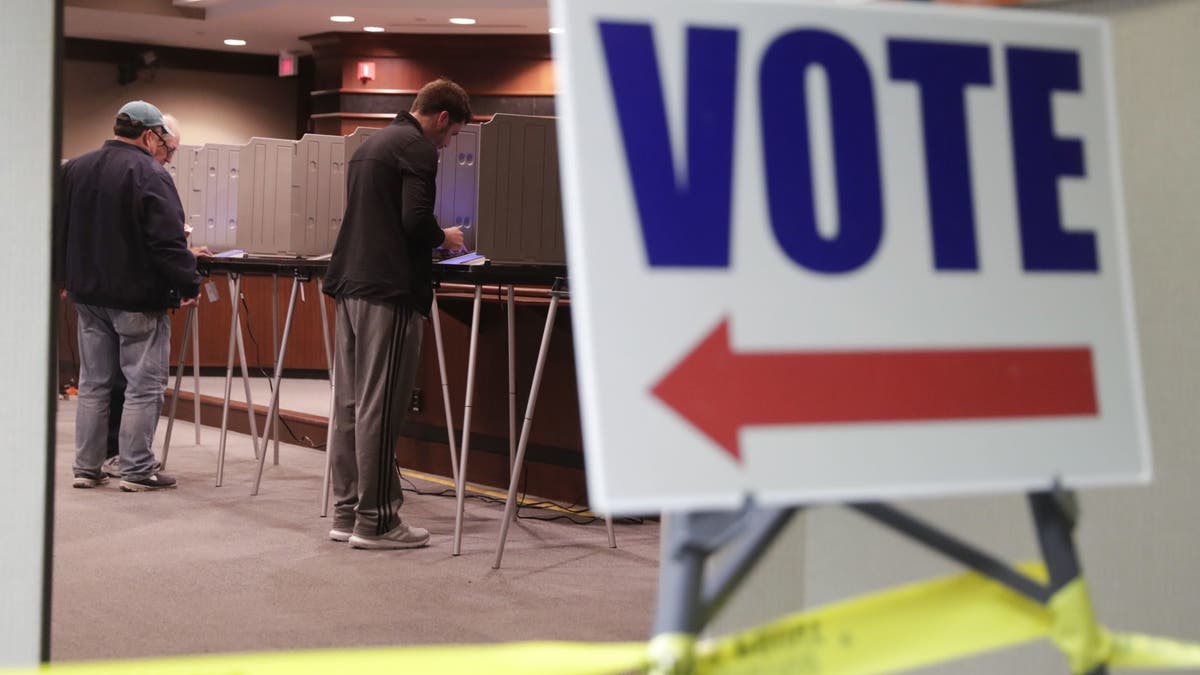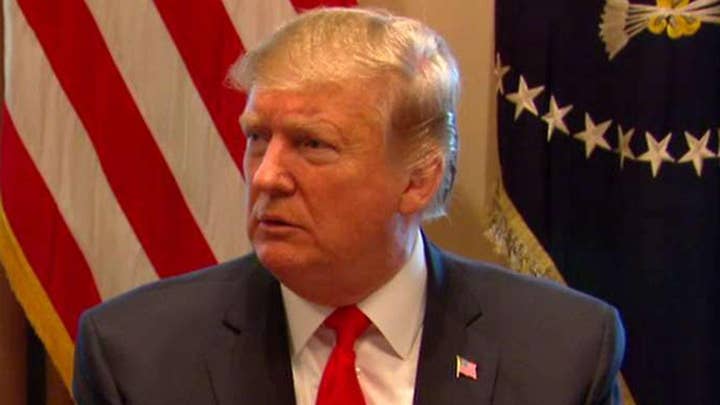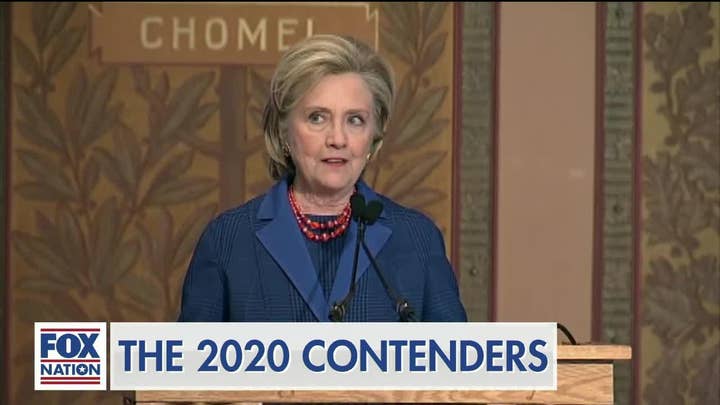
The Democratic-controlled Colorado State Senate voted this week to join other blue states in a pact aimed at getting rid of the Electoral College system.
The Democratic-controlled Colorado State Senate voted this week to join other blue states in a pact aimed at getting rid of the Electoral College system.
The Senate on Monday approved a bill adding Colorado to the National Popular Vote Interstate Compact. That pact would change the way presidents are picked by allocating each state's electoral votes to the winner of the national popular vote – regardless of how the state votes.
In theory, the game-changing compact only takes effect once it signs on states representing at least 270 electoral votes, the threshold to win the presidency. With the addition of Connecticut's seven electoral votes last year, the group now has 172.
BLUE STATES RALLY TO UPEND ELECTORAL COLLEGE
Colorado would be the 13th jurisdiction to join the pact if the state’s House also passes it and the state's Democratic governor signs it into law.
“This really is a victory for those who believe that every vote should be counted equally,” Democratic state Sen. Mike Foote told Fox Denver 31.
The uphill campaign, if ever brought to fruition, would almost certainly face a court challenge. It has gained renewed attention amid Democrats grumbling about the Electoral College in the wake of President Trump's 2016 win. While he defeated Hillary Clinton in the electoral vote, he lost the popular vote by 2.9 million ballots.
The pact is meant to be a work-around to the constitutional requirements that created the Electoral College system, which awards each state's electors to the winner of that state.
Others that have joined the pact include Connecticut, California, Hawaii, Illinois, Massachusetts, Maryland, New Jersey, New York, Rhode Island, Vermont, Washington and the District of Columbia — all places where Clinton defeated Trump in 2016.
But critics say the pact would actually hurt smaller states like Connecticut, given that candidates would be likely to only focus on large population centers and neglect rural areas.
And from a constitutional perspective, the proposal could also run into obvious legal challenges.
“Not only did the framers of the Constitution expressly reject the idea of a direct, popular election for president, but also not one state either in the wake of ratification or at any time thereafter has ever sought to appoint its presidential electors on the basis of votes cast outside the state, as the National Popular Vote Compact requires,” law professor Norman R. Williams argued in the BYU Law Review.
Trump has not publicly supported The National Popular Vote Compact. But he has said he would prefer picking a president based on the popular vote.
“I would rather have a popular election, but it's a totally different campaign," Trump said last year during an interview with "Fox & Friends."
The plan has been pushed for the last several years, and proponents are working to get other states to pass legislation joining the pact.





